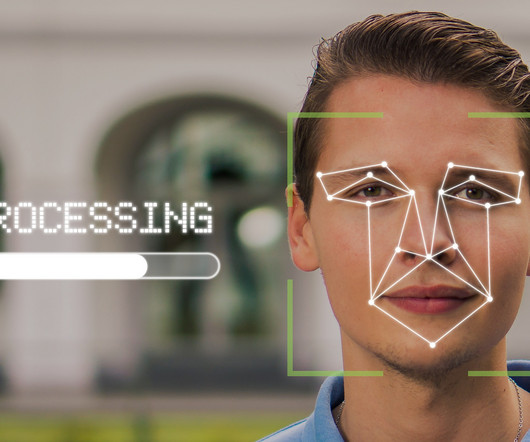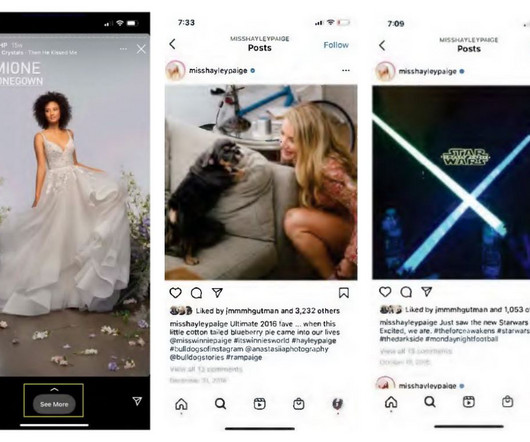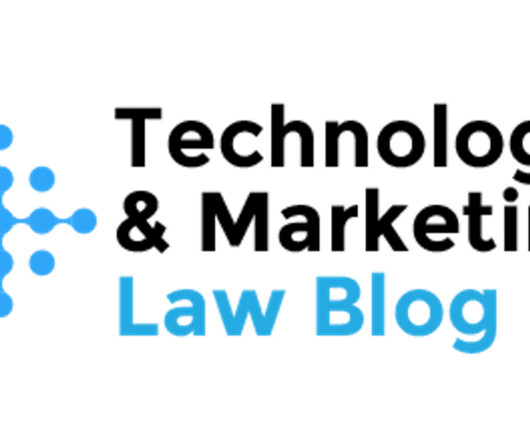Do Mandatory Age Verification Laws Conflict with Biometric Privacy Laws?–Kuklinski v. Binance
Technology & Marketing Law Blog
APRIL 8, 2023
California passed the California Age-Appropriate Design Code (AADC) nominally to protect children’s privacy, but at the same time, the AADC requires businesses to do an age “assurance” of all their users, children and adults alike. Doing age assurance/age verification raises substantial privacy risks.
























Let's personalize your content